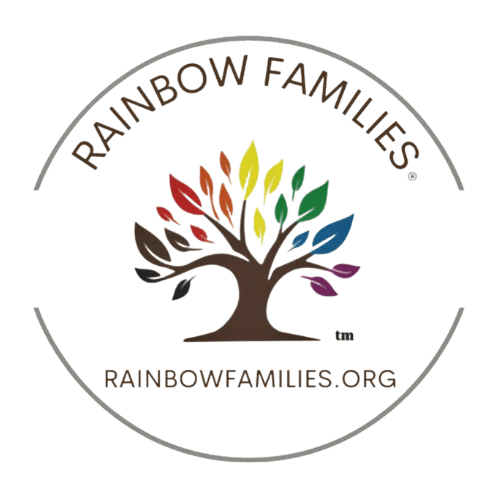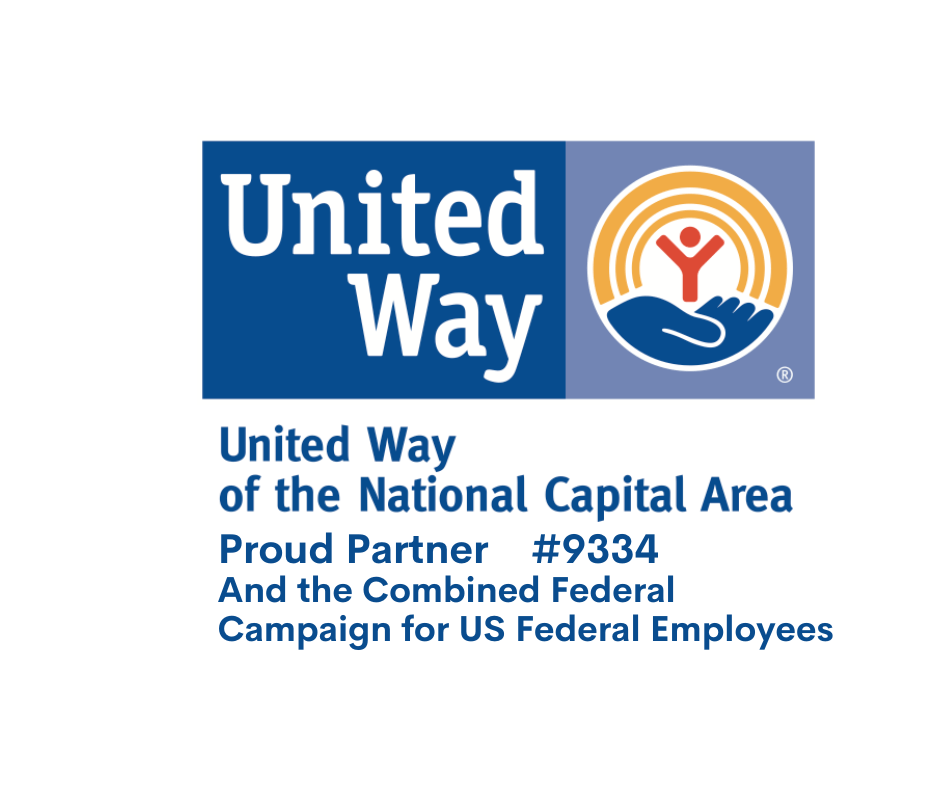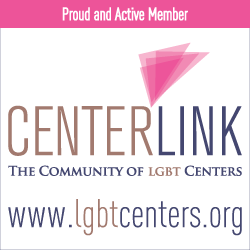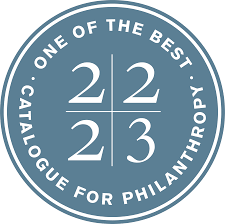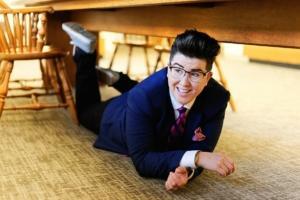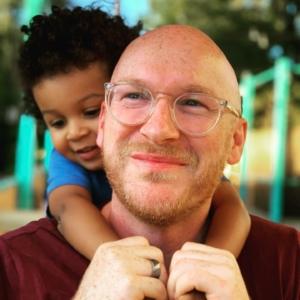Rainbow Families Beginnings
Pictured left: Rainbow Families DC wins Best Parade Float in the Capital Pride Parade, 1999
In the 1970s in Washington DC, a group known as Gay Fathers was created for previously married gay dads to connect with one another and share resources. The group was loosely connected with other gay fathers groups in New York, Los Angeles and San Francisco, and after several years, the organization became the Gay Fathers Coalition.
Meanwhile, in 1981, Michele Zavos and her then-partner formed a Lesbian Moms Group (see her story, “Revolutionary & Different” here) with upwards of 50 women who gathered weekly to discuss conception, adoption, parenting ideas, safer schools for their kids, navigating extended family and more. This collective of education would soon become known as Maybe Baby and has been proudly trademarked for its uniqueness.
In 1984 the Gay Fathers Coalition became known as “Gay and Lesbian Parents Coalition” to include lesbian parents. As this grew, international chapters were formed in Canada, Europe and Australia and the name was again changed to “Gay and Lesbian Parents Coalition, International (GLPCI)”. This subsequently became the “Family Equality Council”.
As the same-sex parenting movement expanded its options with more families being formed through adoption and surrogacy, in 1988, the Washington DC chapter of this group branched off to become Rainbow Families DC led by Scott Davenport & Tim Fischer. As one of the most visible gay male couples with kids in the area, they had a desire to connect with other gay parents and meet some of the needs not filled by the other group. They created an AOL listserv, held social events at their home, local parks, skating rinks, etc. and shared resources of accepting schools, pediatricians, and service providers. This was among the first resources of its kind, with the mission to help gay parents connect and share information, especially as in those days, LGBT parenting was not openly supported – or even discussed.
*Information provided by James Fagelson, Board Member, 1985-1996
